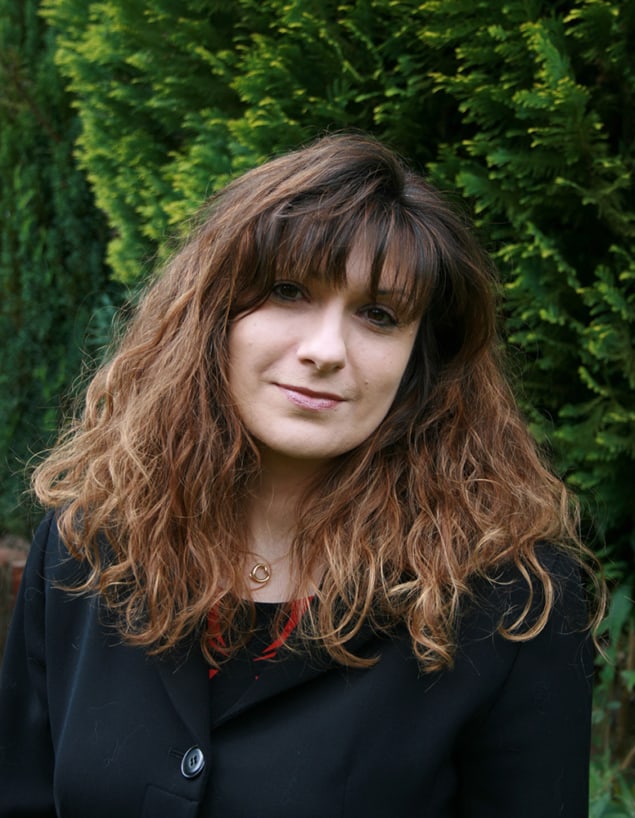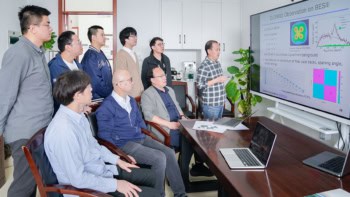Giulia Thompson is head of system physics within global linac engineering at Elekta, a medical-device company that manufactures radiotherapy solutions for cancer care. Thompson is one of 10 physicists profiled in the March issue of Physics World to launch our new Ask Me Anything careers advice column

What skills do you use every day in your job?
Every day, I’m asked questions or presented with issues to solve that require me to apply the problem-solving skills I learnt during my physics studies – such as the ability to quickly analyse and act on information using logic and experience. My physics training also equipped me with an appreciation for clarity of thought and accuracy of terminology, which I believe are very important for communicating effectively with others at all levels, in any organization.
I still use my scientific skills to review commercial or patent material and to solve technical problems, especially in the areas of radiation and medical physics, enabling me to interact with peers inside and outside Elekta. As a technical leader and people manager, my physics knowledge helps me to better understand the challenges faced by the team, so that I can offer the necessary support and help the team to deliver within given time and budget constraints. This understanding also helps me to ensure that the necessary competencies are developed and maintained within the team, and that opportunities are offered for people to grow technically and personally within the organization.
What do you like best and least about your job?
The best thing about my job is that I’m surrounded by talented people who are all working together towards a common goal of delivering better cancer care for patients all over the world. I enjoy the variety of work – not only am I involved with the development of various technologies, but I also interact with the different stages of the lifecycle of the product. I very much enjoy the aspect of people development – it’s extremely rewarding to see members of the team grow over time and take on increased responsibilities. I love the global working environment that Elekta offers; it is stimulating to work with international colleagues and encounter a diversity of cultures.

Medical physics: a broad spectrum of careers
Given the scale and complexity of the activities involved, my job requires a constant team mindset, working towards common objectives and managing interdependencies; an aspect that those with a strong preference for independent work may not enjoy. This type of career also requires a flexible attitude; while in academia the work may be shaped by individual scientific interest, in industry it is driven by priorities in business needs, which can change. The medical-device industry has stringent regulatory requirements, which involve documented evidence of processes and meeting compliance standards. Finally, work in industry usually follows a faster pace than academia or other non-commercial organizations.
What do you know today that you wish you knew when you were starting out in your career?
When I look back at my career, there was certainly a lot that I did not know at the start, but learned along the way. Actual experience was the most valuable form of training, but in the early days of my career I did not fully recognize that making mistakes is part of learning. So, I wish that I knew that everyone (including your boss) makes mistakes, and we should not be afraid to fail. I would also tell my younger self to keep an open mind about possible career paths. When I entered the industry, I was very much focused on science and technology. I only contemplated a career as a hands-on technical expert and had absolutely no interest in people management. But once I came across the opportunity to lead a team, my view changed completely and my career took a new direction, which enabled me to use and develop a different set of skills.



